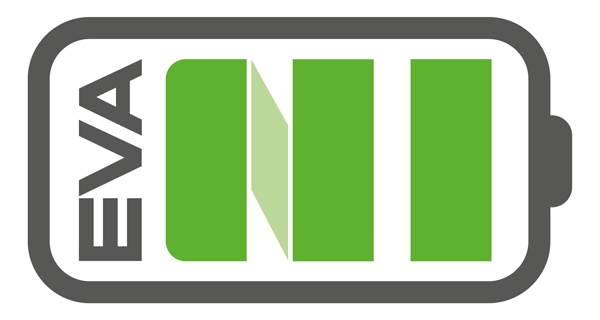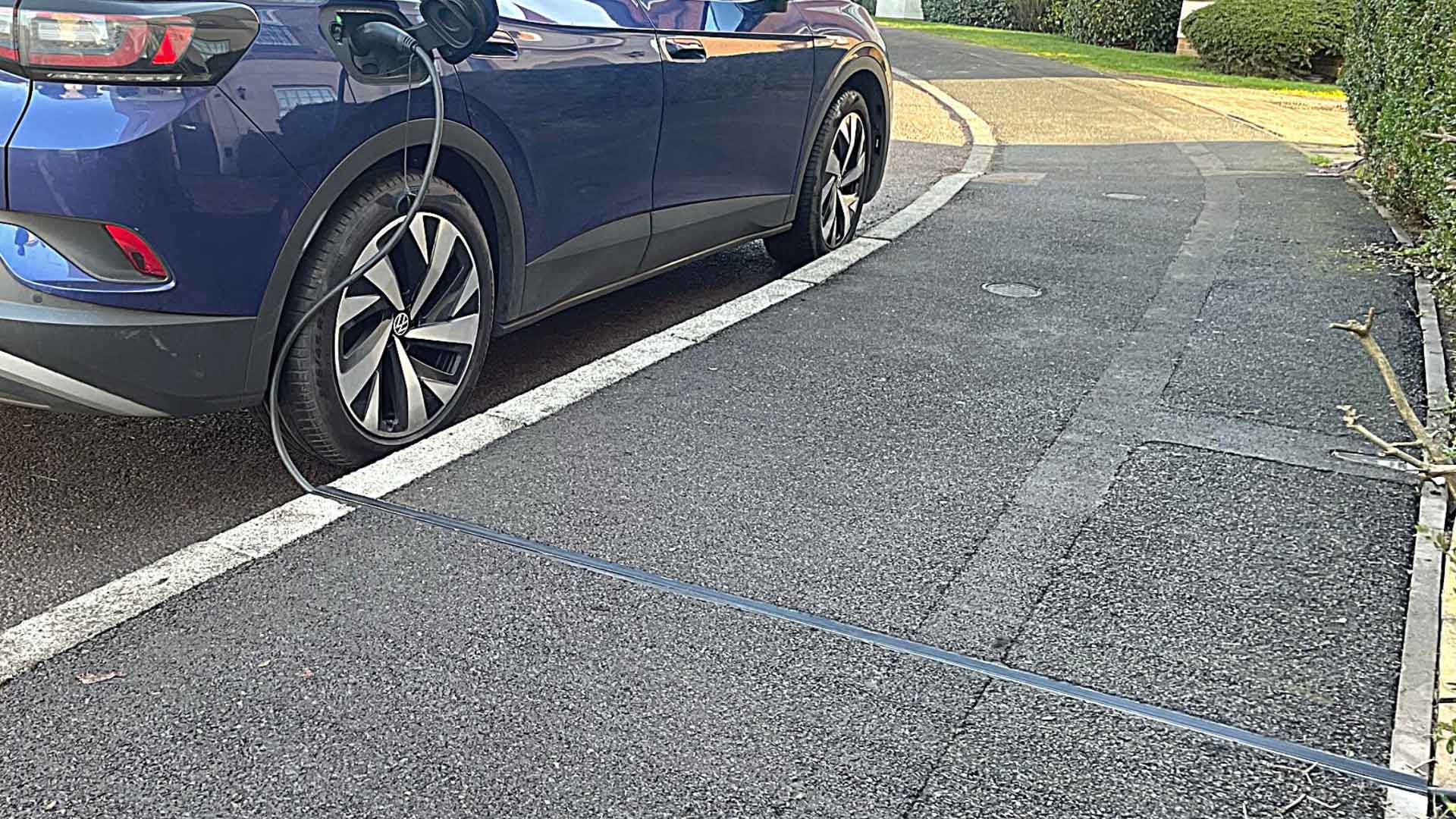Northern Ireland’s Energy Strategy was published in December 2021 and commits to:
…supporting the provision of on-street and destination charging in urban areas where access to driveways and home charging is more limited.
Further, the Electric Vehicle Task-Force released its first Action Plan in November 2022. The final paragraph of that documents states:
“The Task-Force will now review other key areas and bring forward further Actions to be addressed. Particularly, in the areas of charging for those without access to off-street parking”.
EVANI sits on the Task Force and we believe the group rightly identified on-street charging as the next most pressing issue to tackle.
If you cannot cross the pavement with a cable to charge from your own supply at home, then you are unable to take advantage of Economy 7 night time rates (or any Solar PV). It’s these discounted tariffs that make EV running costs significantly less than an ICE vehicle. Without them, the only alternative is to use public charging 100% of the time which currently means paying multiple times the domestic rate.
It’s Very Simple
Unfortunately this is another area where Northern Ireland differs from the rest of the UK. Here, the Department for Infrastructure is responsible for the pavements, while in England, Scotland and Wales permissions lie in the hands of local councils.
DfI representative’s say applying to cross the pavement with an EV charging cable here is “very simple” (see the clip below). But this statement is incredibly disingenuous as, in reality, we are unaware of a single such application ever being approved.
Solutions
There are multiple solutions to allow EV drivers to charge outside homes without off-street parking [UPDATE – see our new post on these systems]. It’s now almost a year since we invited a representative from DfI’s Transport Planning and Policy Division to our meeting to look at the Gul-E system (June 2022).
We have since met with Kerbo Charge (pictured at the top of this page – watch it in action here) and also passed on their details to DfI earlier this month, along with other solutions like the Nodum Charge Bridge.
While it’s true that residents cannot always park outside their own home, most drivers only need to charge their EV a few times per week (just 18% of drivers said they charged every day in our last survey)
EVANI’s Take
We have written to the DfI chair of the EV Task Force several times over the last 12 months asking for the department to at least launch a pilot scheme here, to trial one or more of the solutions above. We asked DfI for an update earlier this week and they told us;
You have raised a range of interesting issues, as well as potential solutions for EV owners without access to a driveway. This is a key area of interest for the Task-Force and we should progress this collectively through this forum.
But after almost a year of talking about these solutions, there still has been no action from the department or launch of a trial.
The Climate Change Act (Northern Ireland) 2022 requires the formation of a Just Transition Commission for Northern Ireland and the Sectoral plans, mandated from all departments, must also support a just transition. Targets must be calculated in such a way that they take the just transition principle into account, and the act requirements include;
- supporting persons who are most affected by climate change, particularly those who may have done the least to cause it or may be the least equipped to adapt to its effects.
- Supporting the transition to a green economy with net-zero carbon investment and infrastructure
- Tackling inequality and breaking down barriers of division.
It’s clear then that allowing EV drivers to cross the pavement to charge from homes without off-street parking can be accomplished with a variety of existing solutions. But more than that, because of the Just Transition principle, we believe it is required in law.
Friends of the Earth and the PILS Project are currently taking DfI to the high court around the lack of diesel emissions testing in NI. Is it possible that other third parties could also bring legal challenges around the Department’s EV policies in the future? Time will tell.


No responses yet